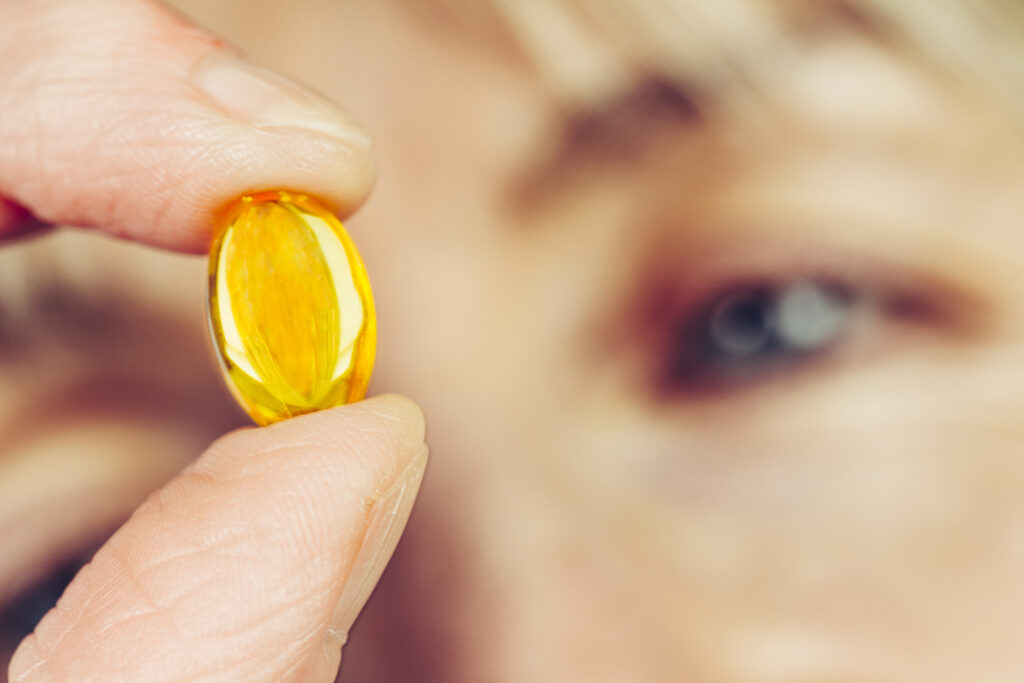
Your diet makes or breaks your health. The vitamins and nutrients you put into your body play a significant role in how you feel and your ability to stave off inflammation, illness, and problems like vision loss. We all are unique, and each individual body has a different set of needs when it comes to nutrition. But one thing that rings true across the board is that all of our bodies need excellent nutrition to function optimally, especially when it comes to your eyes.
If you’re experiencing vision problems like glaucoma, scar tissue, eyestrain, eye spasms, myopia, astigmatism, or age-related macular degeneration, it’s time to rethink your nutrition. You can start supplementing with the vital nutrients your body needs to keep the structure of your eye healthy and strong today.
If you’ve already experienced changes in your vision, it’s not too late to stop deterioration in its tracks! Studies have shown that in people already suffering from symptoms of eye deterioration, simply consuming the appropriate quantities of required nutrients reduced their chances of vision loss by 25%.
7 Essential Vitamins and Nutrients for Your Eyes
Let’s learn more about these essential nutrients, why they are important to your vision, and how you can find them in everyday foods and over the counter supplements!
- Lutein and Zeaxanthin- Lutein and zeaxanthin work to protect the eye against cataracts and macular degeneration while also guarding the eyes against harmful UV rays. These nutrients can be found in leafy greens like kale, spinach, and arugula.
- Vitamin A and Beta-Carotene- When grandma used to say, “eat your carrots for your eyes,” she was right! Vitamin A aids in protecting the surface of the eye, or cornea. Known for its ability to treat dry eye syndrome and eye inflammation conditions like superior limbic keratoconjunctivitis, vitamin A is a vital component of eye health. Beta-carotene in food is converted into vitamin A in the body, so be sure to incorporate foods like carrots, sweet potatoes, dark leafy greens, broccoli, and red bell peppers into your diet for maximum benefits.
- Vitamin B- Vitamin B is often referred to as the “feel good vitamin,” and you’ll be feeling great about its benefits for your vision. There’s growing evidence to show that vitamin B1, taken with other vitamins, can reduce your risk of developing age-related eye issues, like cataracts. Early research also suggests that it may be efficient for treating uveitis, an inflammatory eye disorder that can lead to blindness. Seek out avocados, pork tenderloin, salmon, eggs, sunflower seeds and butter, nutritional yeast, and chickpeas to keep your eyes protected.
- Vitamin C- We all take it when we’re feeling crummy, but vitamin C actually helps your eyes too! Almost every cell of the body requires this important nutrient, including those of the eye. The American Optometric Association reports that vitamin C also promotes healthy blood vessels in the eye, reduces the risk of developing cataracts, and guards against age-related eye disease. You’ll find vitamin C in more than just orange juice! Stock up on bell peppers, kale, strawberries, red cabbage, cauliflower, and brussels sprouts to make sure you’re getting enough vitamin C.
- Vitamin E- When you think about vitamin E, skincare may come to mind, but this powerhouse vitamin also protects the eyes. Vitamin E’s main function in the body is to neutralize oxidation. Because of this, vitamin E plays acrucial role in protecting parts of the eye that are particularly susceptible to oxidative damage. Foods that contain vitamin Einclude almonds, spinach, avocados, butternut squash, kiwi, trout, olive oil, shrimp, and broccoli.
- Antioxidants (such as Selenium)- We’ve all heard the hype around antioxidants. They seem to be in everything these days, but for a good reason! The antioxidant selenium is essential because it helps the body absorb micronutrients, especially Vitamin E. Due to trace minerals and itsantioxidant properties, selenium aids in preventing the buildup of dead or non-functioning cells on the lens of the eye. Selenium has been exceptionally helpful in treating Graves’ Disease; a thyroid relayed eye disease where the immune system attacks the tissues of the eyes.
- Omega-3 Fatty Acids- A fat that is good for you! The retina of your eye contains a high concentration of omega-3 fatty acids. These fatty acids help protect the retina from degeneration and damage. Omega-3s also work to reduce the buildup of fatty deposits in the blood vessels, including those that supply blood to the retina. Fish, chia seeds, flax seeds, walnuts, tofu, shellfish, canola oil, brussels sprouts, navy beans, and avocados (see a theme here, avocados are amazing!), are all packed with healthy omega-3 fatty acids.
Sana Therapeutics Eye Health Support Kit
Want to take it a step further? Try the Sana Therapeutics Eye Health Support Kit. It includes everything you need to protect your eyes, all in one place! This collection has been specificallydesigned to provide the essential nutrients required to feed the eye and maintain optimal health. These powerful supplements are formulated to:
- Provide antioxidants for the preservation of eye health.
- Help to decrease the risk of developing cataracts.
- Help to improve macular pigment optical density.
This kit is packed with amino acids and taurine, which is essential for eye health, and when combined with the Lutein and Zeaxanthine in the Lut-Zea Vision, you’ve got full-spectrum support for the eyes.
Want to Learn More?
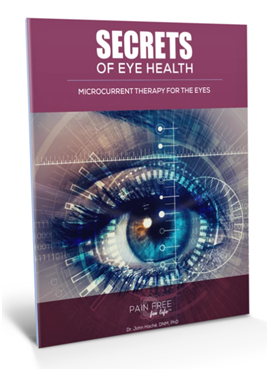
To learn more about how you can protect your vision, read our blogs, Microcurrent and Eye Health, and The Trinity of Eye Health. Using Microcurrent Goggles in conjunction with properly balanced nutrition, and supplementation will ensure you are doing everything you can to support, treat, and protect your vision.
If you’re really concerned about your eyes and you would like support in helping you improve it, please join our Pain Free for Life Support Group on Facebook. We’ love to see you there!

